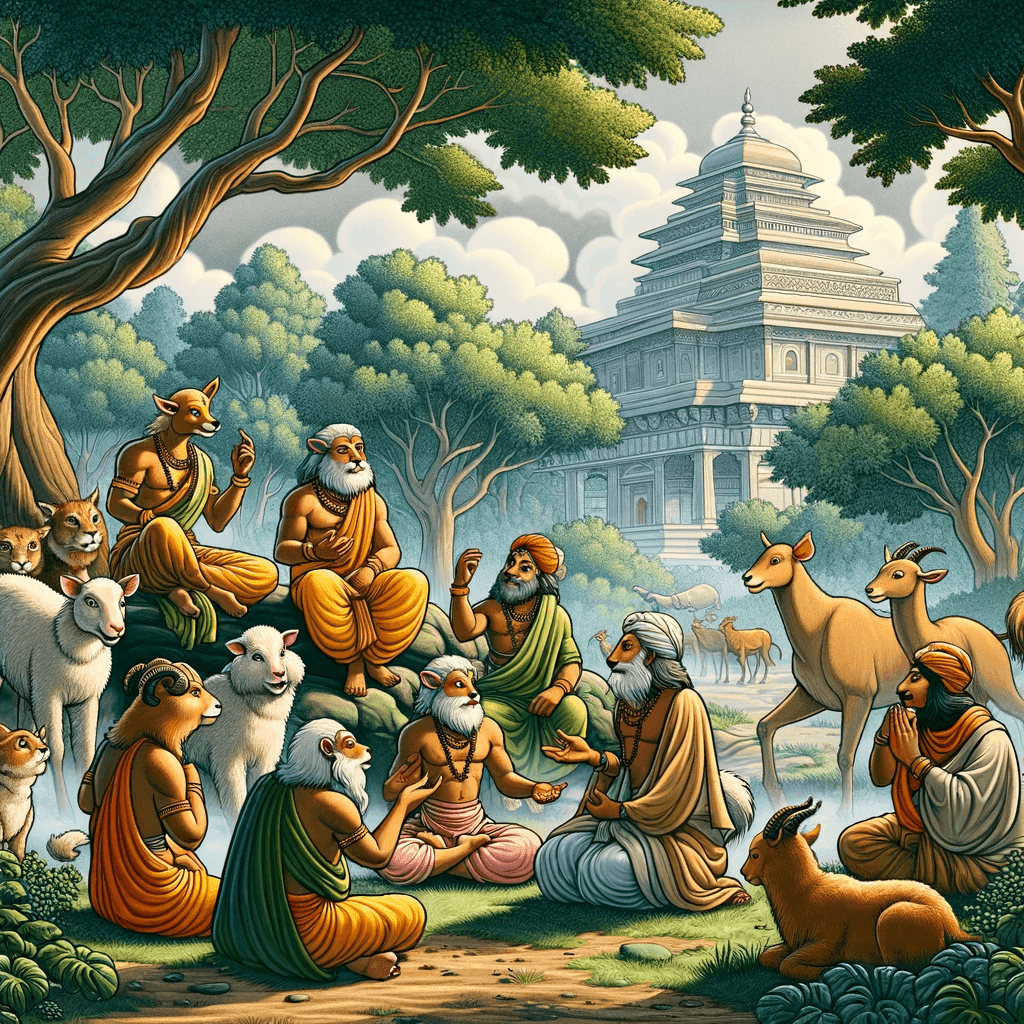Panchatantra: The Timeless Wisdom of Ancient Indian Fables
The Panchatantra, a revered collection of ancient Indian fables, is written in Sanskrit. These stories, rich in moral and ethical teachings, were originally composed to educate young princes in the art of statecraft, diplomacy, and practical life lessons.
Information and Other Details

Information on the Discovery
The Panchatantra was likely composed around the 3rd century BCE, although its exact origins are unclear. Its discovery and subsequent translations have revealed a treasure trove of wisdom encapsulated in simple yet profound narrative form.
Story of the Panchatantra
The Panchatantra is attributed to Vishnu Sharma, a legendary scholar tasked with educating three unwise princes. He ingeniously crafted these stories to impart worldly wisdom and practical intelligence. The tales often feature animals as characters and weave in moral lessons subtly.
History of the Discovery
Initially transmitted orally, the Panchatantra was eventually written down. Its stories have traversed centuries and geographies, being translated into numerous languages. It's one of the most widely translated non-religious books in history.
Scriptural References and Its Mentions
Though not a religious scripture, the Panchatantra's influence permeates Indian culture and literature. It is mentioned in various historical texts, indicating its importance in the ancient educational system and its widespread popularity across different strata of society.
Global Influence/Acceptance
The Panchatantra's impact extends far beyond India, with its stories finding resonance across cultures. Its tales have been translated into various languages, including Persian, Arabic, Greek, and Latin, significantly influencing world literature. Elements from these fables can be seen in folklore and literary works around the globe.
...




